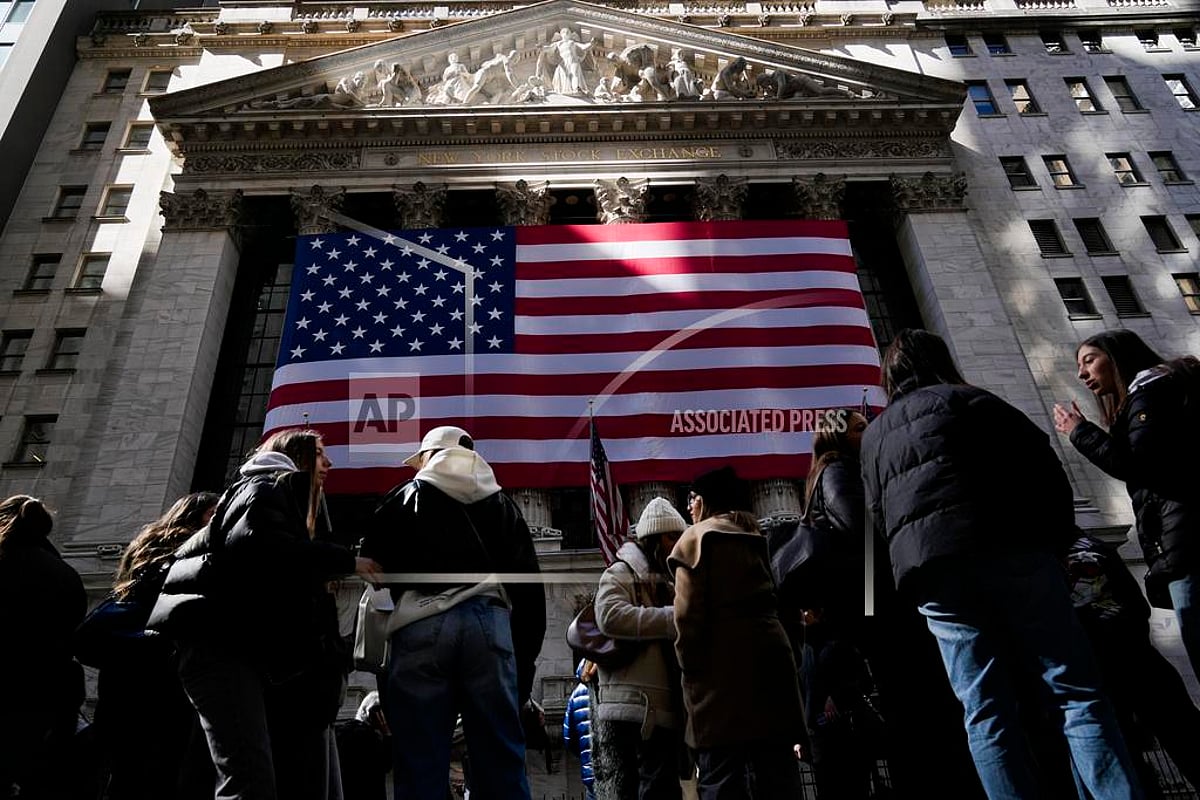Foreign institutional investors were net sellers of nearly Rs 24.26 billion on Wednesday, adding to the liquidity concerns. The recently announced increase in US H-1B visa fees has also dampened investor confidence in Indian IT firms, a heavyweight sector in the indices. Analysts noted that valuations remain stretched, keeping trade confined within a narrow range, though some see the market approaching a short-term bottom after the recent correction.
Global Picture
In the US, equities continue to hover near record highs, with the S&P 500 up about 13 percent so far this year. Optimism around artificial intelligence, strong corporate earnings, and expectations of rate cuts from the Federal Reserve have kept the momentum alive. However, investors remain alert to risks from sticky inflation, rich valuations in large-cap tech stocks, and geopolitical uncertainties. Key upcoming U.S. data on GDP growth and jobless claims will be closely tracked for direction.
European shares, meanwhile, were modestly weaker on Thursday, with the STOXX 600 slipping 0.2 percent on declines in healthcare and industrials. Trade-sensitive sectors are facing pressure from new US national security probes into imports of medical and robotics equipment, while exporters are also challenged by a stronger euro. On the positive side, European technology names have been attracting fresh US investment, and some analysts forecast moderate gains ahead, driven by industrial and financial stocks.
Market analysts are of the view that, for India, market direction will continue to hinge on foreign flows, global cues, and the Reserve Bank of India’s stance. US markets are expected to maintain their upward bias, though the rally looks increasingly vulnerable to macro surprises. European equities may post selective gains, but overall upside is likely to remain limited without stronger economic data or policy support.

